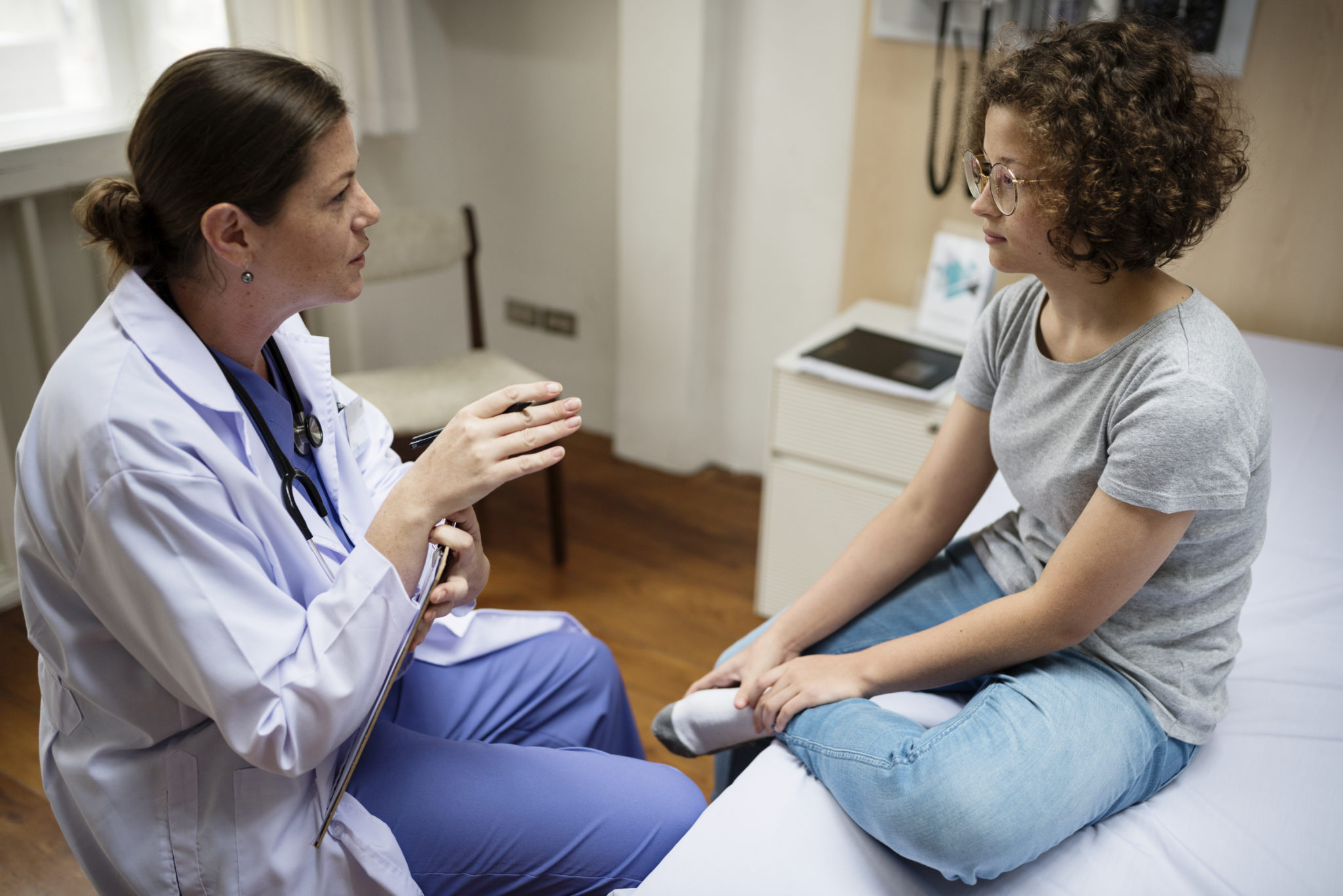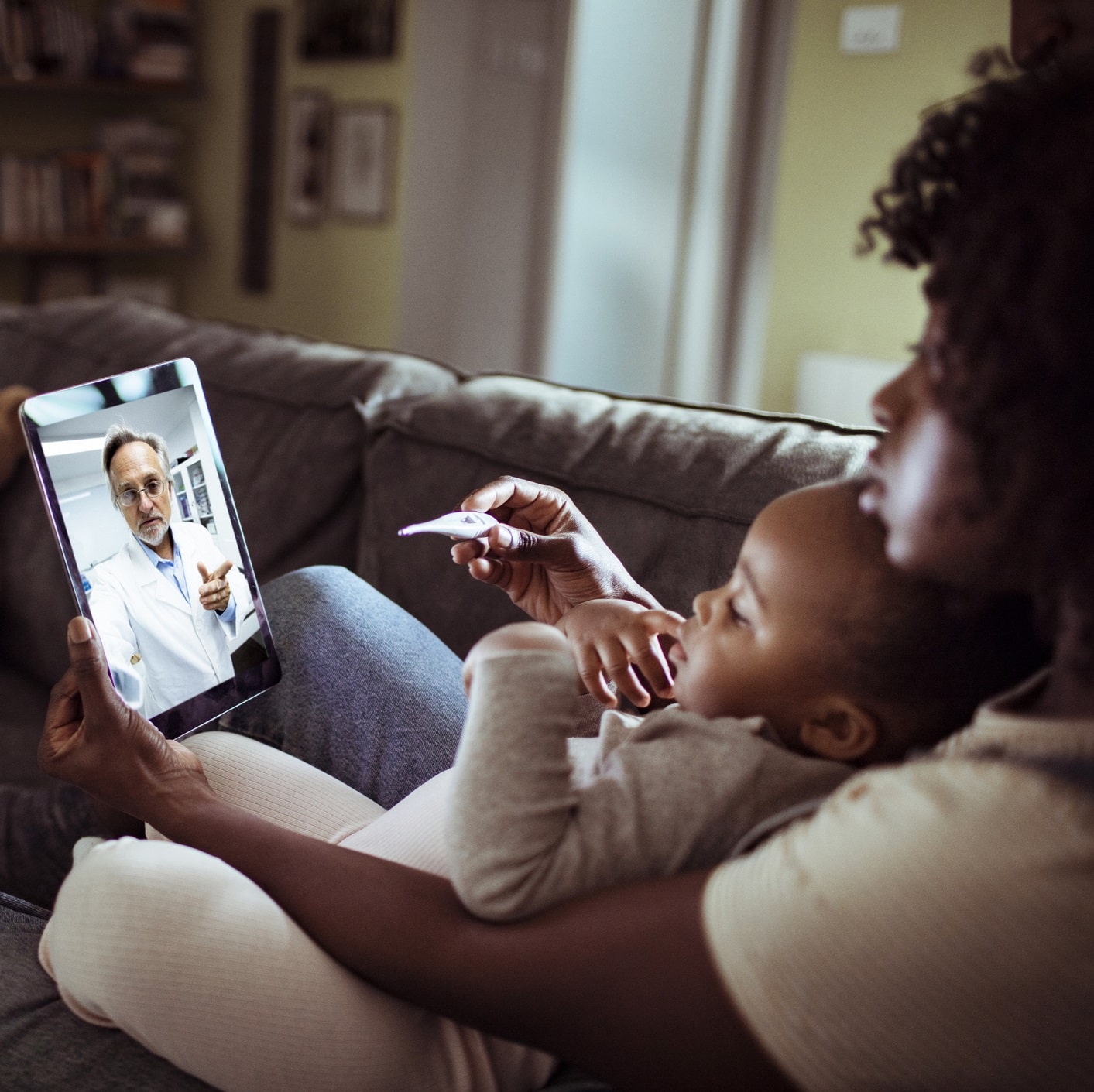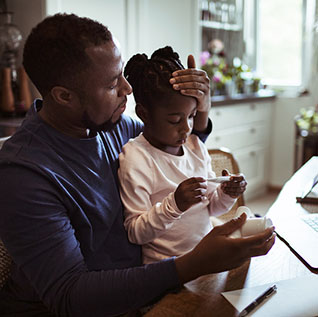When Should You Switch from a Pediatrician to a Family Doctor?

November 11, 2021
Before switching to a PCP, you should discuss the following with your child, teenager or young adult:
- Your pediatrician may have a maximum age after which they will no longer see your child.
- Your child may not want to sit in a pediatrician’s waiting room along with toddlers.
- As your children get older, they may be experiencing physical, hormonal, mental or social changes that they would be more comfortable sharing with a PCP.
- A PCP or specialist may diagnose and treat a broader range of issues like obesity or diabetes, and offer guidance with issues like safe driving, healthy relationships, alcohol and tobacco use.
Ultimately, the decision to switch from a Pediatrician to a Family Doctor is based on your child's specific health needs and whether they feel comfortable. Once your child is comfortable changing physicians, it is time to research a new practitioner with whom your child will feel at ease.
Selecting a New Practitioner
- Your pediatrician may be able to refer your child to a PCP that can best suit their health care needs.
- Ask your child about his or her preferences, such as for a larger or smaller practice, an older or younger physician, a male or female practitioner.
- Confirm that the PCP will see patients inclusive of your child’s age. Many family medicine practitioners see patients in their early teens or younger while internal medicine specialists may see patients starting in early adulthood.
- Check with your insurance company for a list of health care providers that are “in-network” and other covered services.
There are a number of ways to ease the transition from a pediatrician to a PCP. Family medicine specialist, Carolyn Peart, M.D. says “We want to treat the whole patient - body, mind and spirit. To help ease the transition, it's important to come prepared to the new practice so your doctor can offer the right guidance in achieving your health goals.”
Preparing for your visit
- Release your child’s health and immunization records to the new physician, preferably prior to your scheduled visit, so they can review your child’s medical history.
- Discuss your family’s medical history with your child so they are prepared to share conditions that may be considered hereditary or genetic.
- Your child should have a full understanding of any existing chronic health conditions, like asthma or allergies, and their treatment to help guide their new PCP in further management of these conditions.
- Share a list of current over the counter and prescribed medications and dosage or equipment use.
- Provide contact information for your pharmacy and/or medical supply company. This may help minimize any delay in refilling or renewing your child’s medical needs.
Beyond providing these checklist items, family medicine physician, Maria Chavez Santos, M.D., says “We will ask questions about health history, so make sure your child comes prepared with their own list of questions or concerns to openly discuss what's happening with their body. This allows them to advocate for themselves and better manage their own health.”
The material provided through HealthU is intended to be used as general information only and should not replace the advice of your physician. Always consult your physician for individual care.
Reasons to Keep Your Child Home From School

In years past, your child may have gone to school with a slight cough or runny nose, but since the COVID-19 pandemic, the rules have changed.
How to ID Common Kid Bugs

Even a small cough or sneeze from your child may have you wondering, do they have COVID-19?